Dhaka, July 02 (V7N) — Today marks one year since July 2, 2024, the day many describe as the turning point that began the countdown to the fall of Sheikh Hasina’s administration. What started as protests demanding reforms in the government job quota system evolved into a nationwide mass uprising, shaking the foundations of the ruling regime.
From the first day of July, discord spread across campuses. What began with students’ outrage over discrimination quickly morphed into a unifying anti-discrimination platform. Educational institutions nationwide joined the cause as the movement grew in scale and intensity.
In a recent memoir shared with Jamuna Television, Tanzina Tammim Hafsa, a frontline leader of the protests, recalled those early days. “The movement began in June. Initially, there were two or three days of protests. Our goal was to escalate after Eid. We strategized about a name for the movement and how to mobilize broad participation,” she said.
By July 1, the Anti-Discrimination Student Movement held rallies at Dhaka University’s Raju Sculpture, setting a 3-day protest plan. The next day, July 2, at around 2:45 pm, a massive student march began in front of the DU library, eventually blocking Shahbagh intersection for nearly an hour. The police tried to break the protest but soon retreated amid chants of "fake, fake".
Reflecting on how the protests scaled so quickly, July coordinator Haseeb Al Zaman explained, “The movement spread spontaneously across universities. We connected with activists during Eid and decided on collective leadership for logical demands.”
On July 2, the protests spilled beyond Dhaka University, reaching Jahangirnagar University, Jagannath University, Rajshahi University, seven colleges, and more. The movement’s organizational strength grew day by day.
Rifat Rashid, president of the Anti-Discrimination Student Movement, emphasized that the awareness fueling July was long in the making. “We had been watching the issues. There was consensus that the uprising must start from Dhaka University, take over Raju, move to Shahbagh, and then blockade key points of the capital,” he said.
The students weren’t alone. On July 2, Dhaka University teachers observed the second day of an indefinite strike over pension reforms. Their sit-in at the Kala Bhaban gate and suspension of classes added momentum to the student movement.
Initially, the demands were simple: end the 56% quota and ensure merit-based recruitment. But rather than respond constructively, the government chose repression. Blood was shed. And on July 2, 2024, the countdown to the fall of the Hasina administration began.
END/RH/AJ



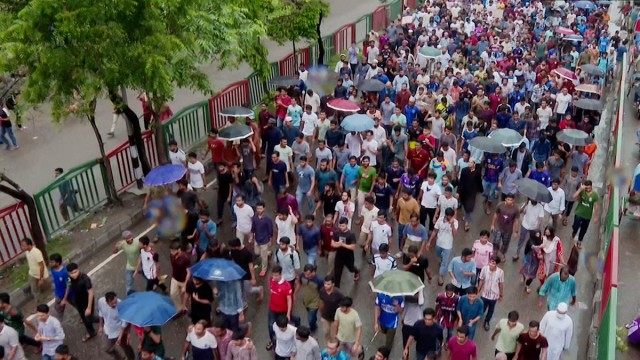

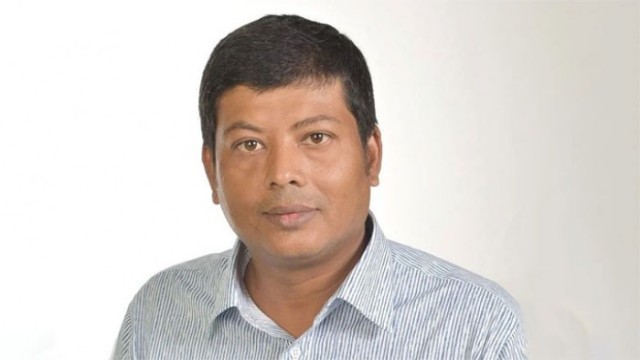

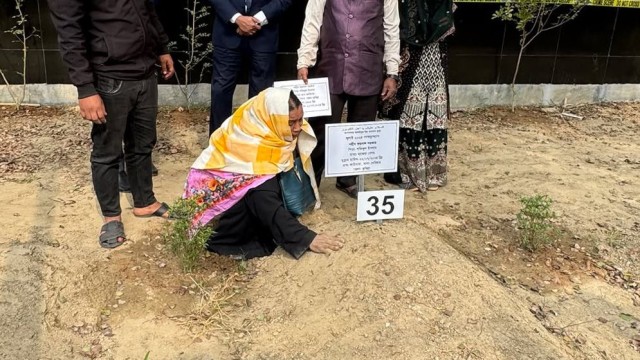


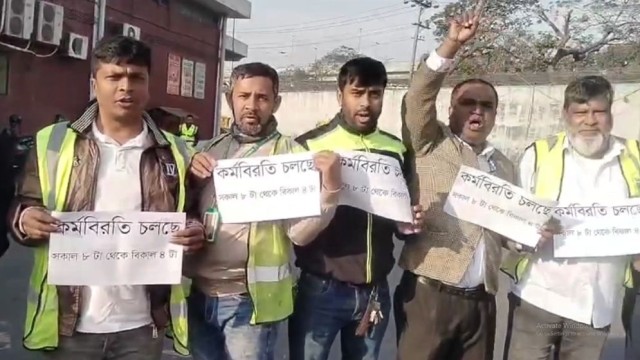

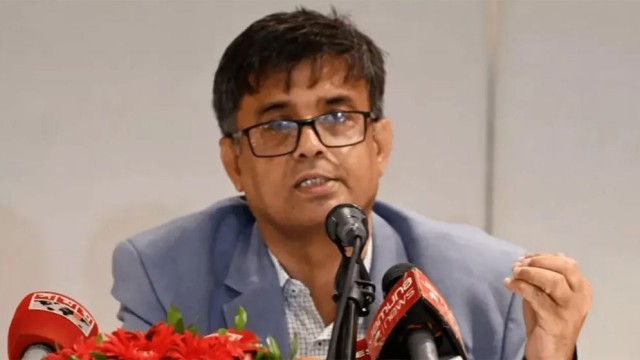


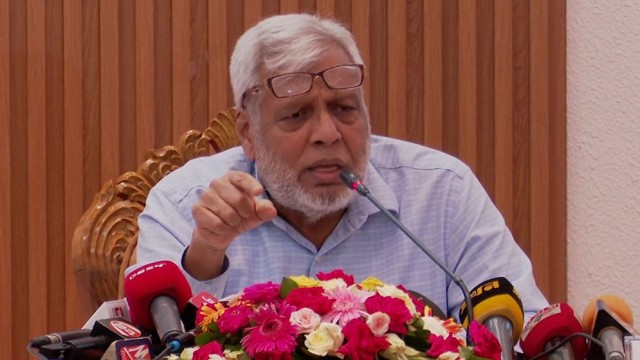
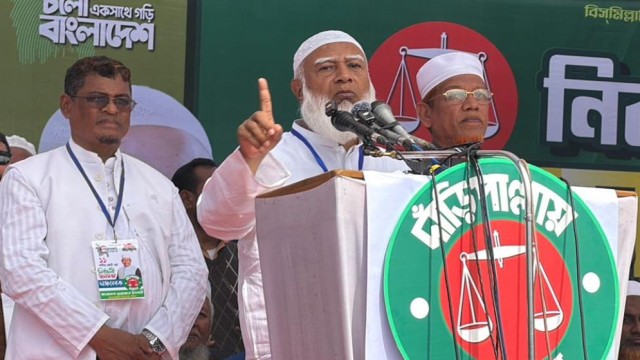
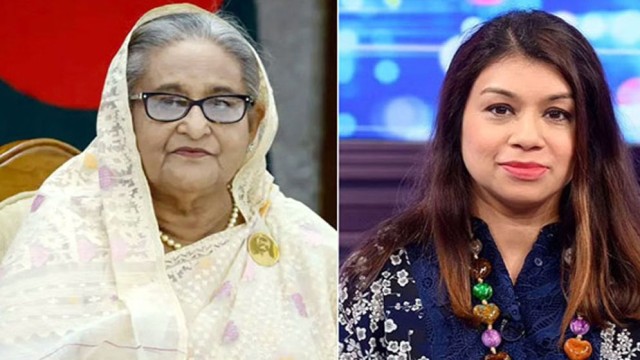





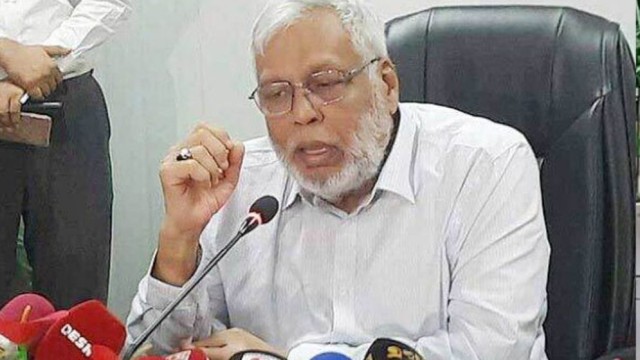


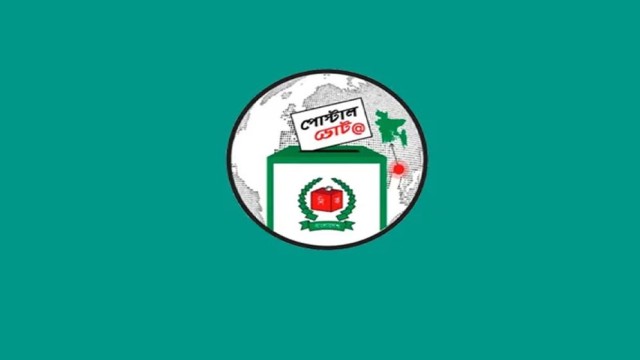
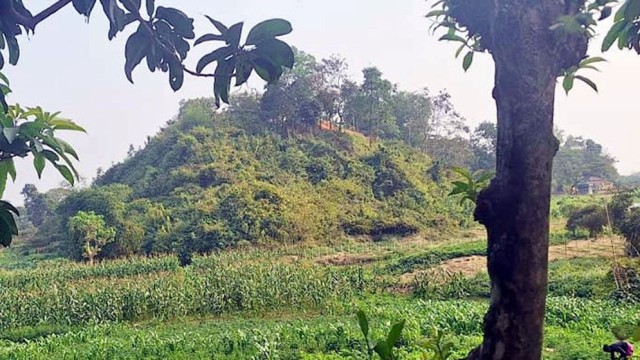



Comment: